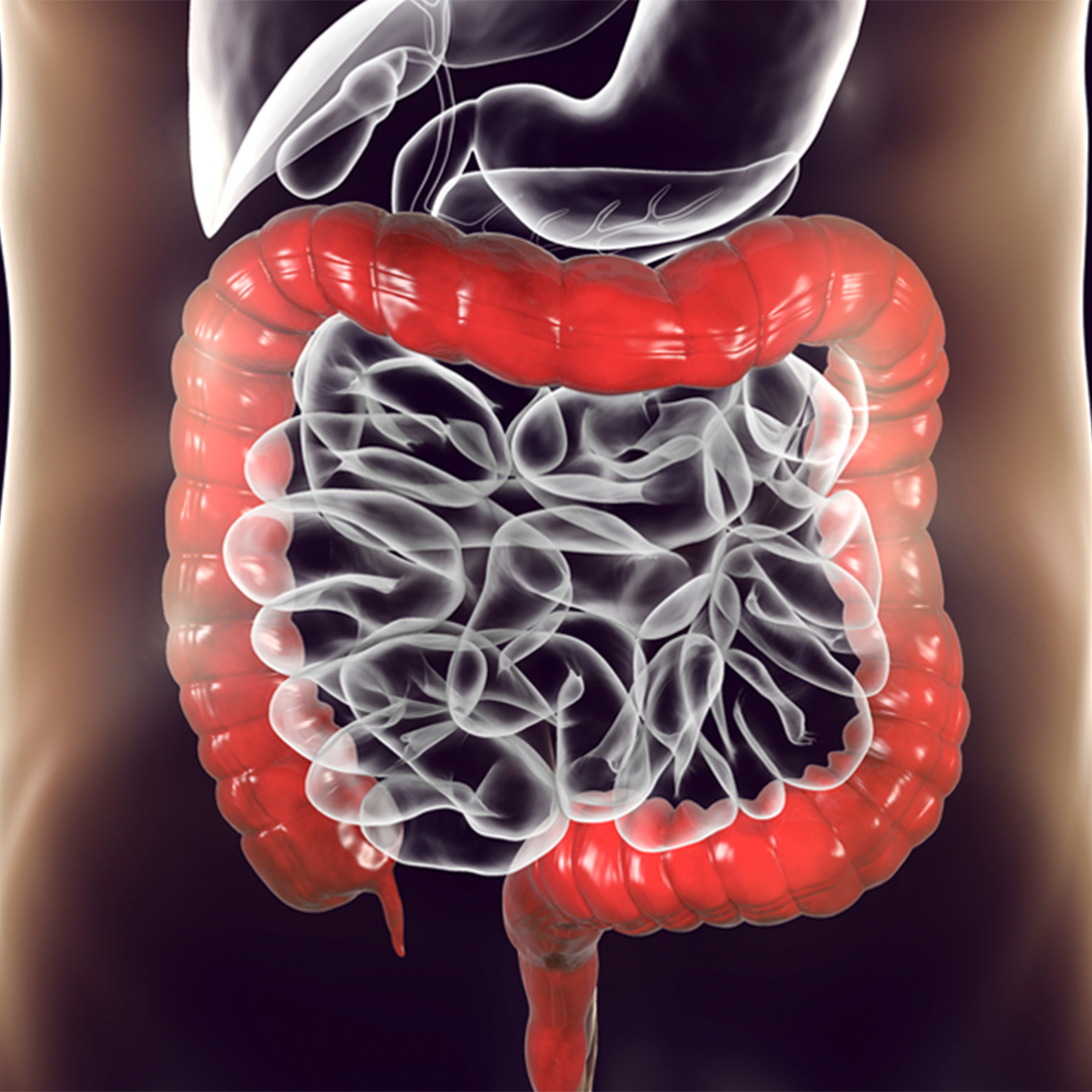
Surgery
Surgery is the main treatment for all stages of rectal cancer, although radiation, chemotherapy, or both are often recommended in combination.
Some patients who undergo surgery for rectal cancer require a permanent colostomy — a surgically created opening in the abdominal wall through which waste is excreted. If you have a colostomy, our specially trained nurses will help you learn how to manage the colostomy and incorporate it into your lifestyle.
Depending on the location, stage and size of your tumor, your doctor will remove your cancer with one of the following methods:
- Local excision. This surgical approach is used for very early stage cancers. It involves inserting a tube through the rectum into the colon and removing the cancer, rather than making a cut in the abdominal wall. If the cancer is found in a polyp, the procedure is called a polypectomy.
- Resection and anastomosis. This approach is used for larger and more advanced cancers and involves removing the portion if the rectum containing the cancer, as well as the fatty tissue that surrounds the rectum and contains the lymph nodes. Afterwards, the doctor will sew the colon to the remaining rectum or the anus, during a procedure called an anastomosis.
- Resection and colostomy. This approach is used when the rectum cannot be sewn back together. In these cases, a colostomy is performed, in which an opening outside of the body for waste to pass through is created, called a stoma. A bag is then placed around the stoma to collect the waste. The colostomy may be temporary, although if the entire rectum is removed, it is permanent. Our specially trained nurses will help you learn how to manage your colostomy and incorporate it into your lifestyle.
In some cases, we can remove the cancer using robotic surgery, a minimally invasive technique that can reduce recovery time and the risk of surgical complications.
Radiation therapy
Radiation therapy is the use of X-rays or other high-energy rays to kill cancer cells and shrink tumors. Radiation may come from a machine outside the body, or external radiation therapy, or from putting materials that contain radiation through thin plastic tubes, called internal radiation therapy, in the intestine area. Radiation can be used alone or in addition to surgery and chemotherapy.
Radiation therapy may be used after surgery to kill any remaining areas of cancer or before surgery to shrink the tumor. Radiation also can be used to prevent cancer from coming back to the place it started and to relieve symptoms of advanced cancer.
Chemotherapy
Chemotherapy is the use of drugs to kill cancer cells. Chemotherapy may be taken by pill, or it may be put into the body by inserting a needle into a vein. A patient may be given chemotherapy through a tube that will be left in the vein while a small pump gives the patient constant treatment over a period of weeks.
Chemotherapy is called a systemic treatment because the drug enters the bloodstream, travels through the body, and can kill cancer cells outside the rectum.
If the cancer has spread, the patient may be given chemotherapy directly into the artery going to the newly infected part of the body. If the doctor removes all the cancer that can be seen at the time of the operation, the patient may be given chemotherapy after surgery to kill any cancer cells that are left. Chemotherapy given after an operation to a person who has no cancer cells that can be seen is called adjuvant chemotherapy.
Biological treatment
Biological treatment, also called immunotherapy, tries to make your body fight against your cancer. It uses materials made by the body or made in a laboratory to boost, direct, or restore the body's natural defenses against disease.
UCSF Health medical specialists have reviewed this information. It is for educational purposes only and is not intended to replace the advice of your doctor or other health care provider. We encourage you to discuss any questions or concerns you may have with your provider.
Treatments we specialize in
-

Transanal Endoscopic Microsurgery (TEM)
Surgeons can remove certain non-cancerous and early stage rectal cancers through a minimally invasive procedure.
Learn more -

Virtual Colonoscopy
The procedure is equally effective, less invasive and faster than a standard colonoscopy screening for colon cancer.
Learn more




















